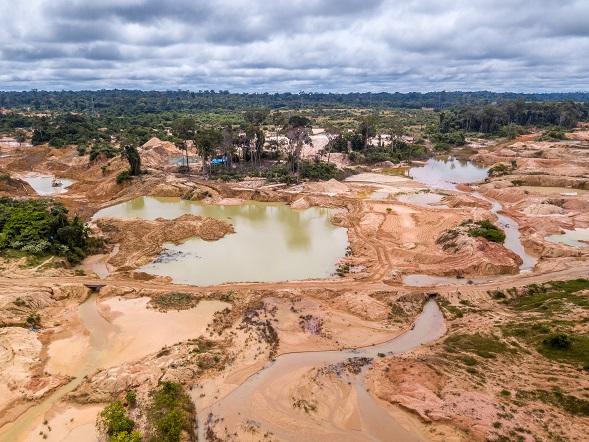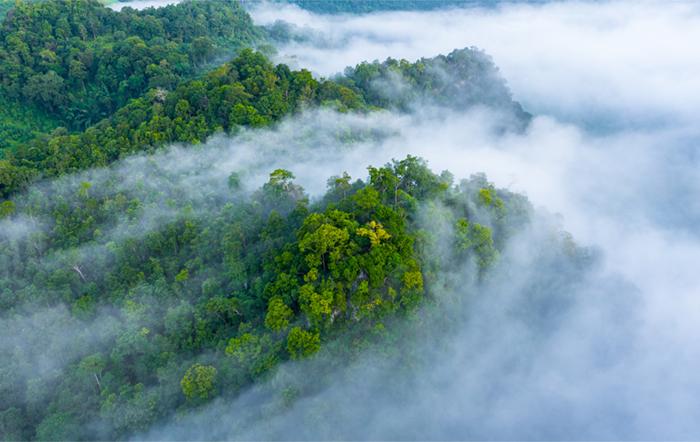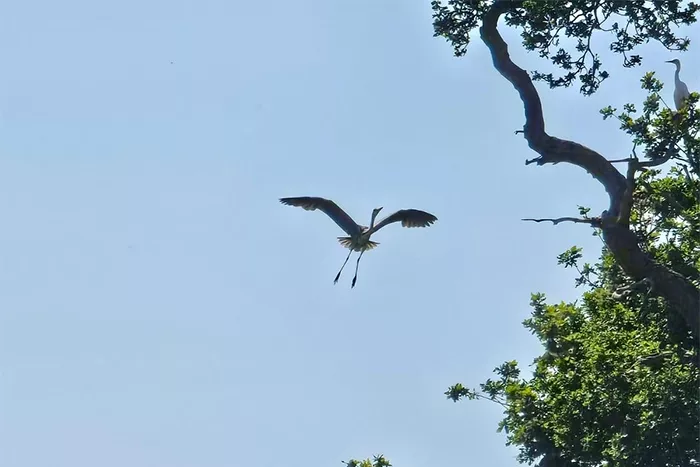The atmosphere’s growing thirst for water is making droughts more severe, even in places where rainfall has stayed the same. New research by Dr Solomon H. Gebrechorkos and Prof Simon Dadson et al in SoGE, published in Nature, finds that this “thirst” has made droughts 40% more severe across the globe.
News
Why coronavirus death rates won't fall as quickly as they rose
Danny Dorling uses the latest data on coronavirus deaths in England and Wales to look at the speed at which the death rate is falling compared to how quickly it rose in his latest article for The Conversation.
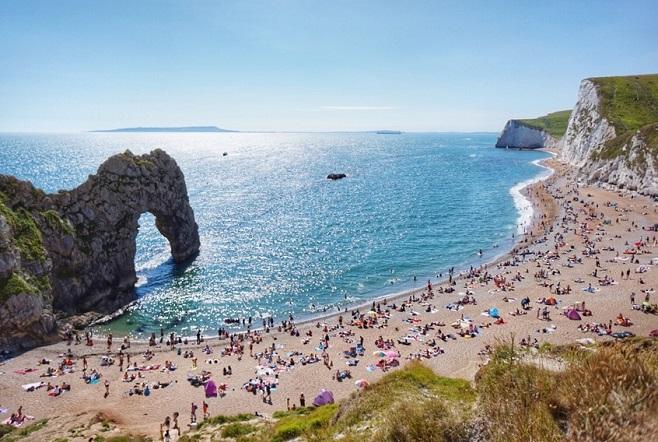
Oxford sees sunniest month in the world's longest continuous sunshine record
Oxford University's Radcliffe Meteorological Station has measured a new record for sunshine hours. Doctoral student Thomas Caton Harrison has collected the final readings for May's sunshine, taking the total for the month of May to 331.7 hours.

Social Sciences Division awards over £210,000 to projects addressing social, economic, cultural, and environmental impacts of COVID-19
The Division's Urgent Response Fund has awarded over £210,000 to 18 projects across the University, including projects led by Prof Cameron Hepburn and Dr Phil Grünewald, to support immediate impact and engagement work relating to the economic, social, cultural and environmental dimensions of the global COVID-19 crisis.
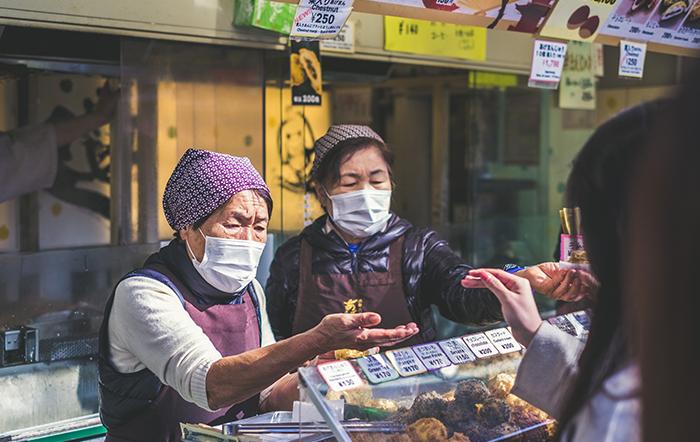
Carbon pricing, offsetting needed to tackle climate change
Two articles in the Economist's May 23 2020 edition include comment from Ben Caldecott, Director of the Oxford Sustainable Finance Programme and Associate Professor at the Smith School. New technology can enable better carbon offsetting - for example the use of high-resolution satellite imagery means that it is possible to know exactly when a tree is cut down. The edition also features Smith School research on the green economic recovery from COVID19.

FT: Governments should launch new policies to promote a green economic recovery
The FT view calls for a green economic recovery from COVID19, drawing on recent Smith School research from Cameron Hepburn, Brian O'Callaghan and colleagues.

Guardian: UK infrastructure 'under threat from climate breakdown'
Energy networks, water utilities, communications, transport and other essential services are all at risk due to flooding, heatwaves and other climate change impacts in the UK. A new report from the National Infrastructure Commission features work from ECI's Raghav Pant, Tom Russell, Conrad Zorn, Edward Oughton and Jim Hall, and urges the government to explore plans for resilient infrastructure. [Report: bit.ly/2ZMUebF]
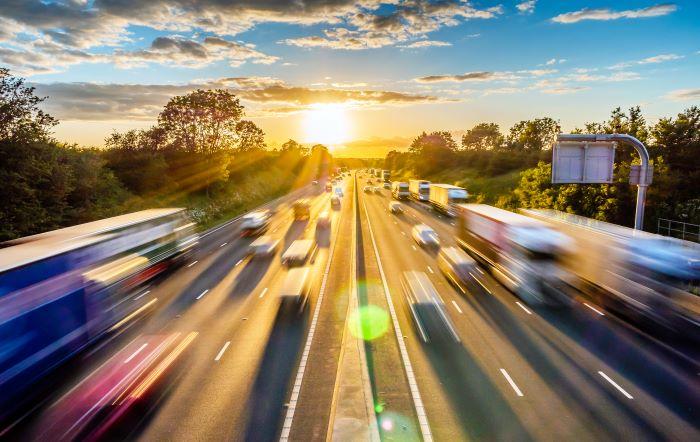
PM's Council for Science and Technology
Jim Hall, Professor of Climate and Environmental Risks, has been appointed to the Prime Minister's Council for Science and Technology. The CST advises 10 Downing Street on science and technology policy issues across government.
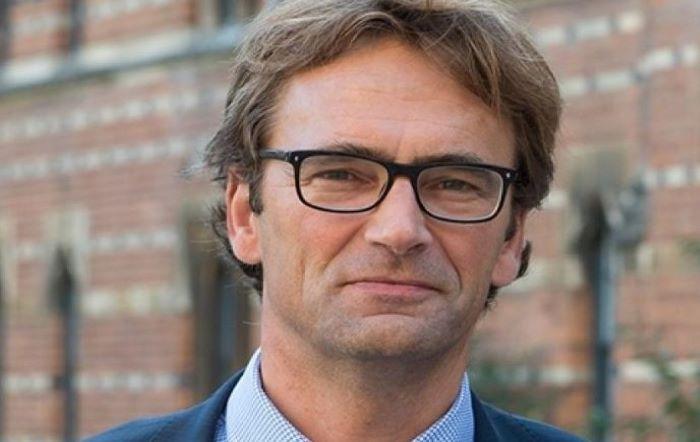
Rethinking water for SDG 6
The world is not on track to achieve Sustainable Development Goal 6 on clean water and sanitation by 2030. Writing in Nature Sustainability, Edoardo Borgomeo, honorary research associate at the ECI, urges a rapid change of the economics, engineering and management frameworks that guided water policy and investments in the past in order to address the water challenges of our time.

Electric bikes could help people return to work
The BBC covers a new report from CREDS UK, led by Nick Eyre, exploring how electric bikes can help people get to work safely, and in an environmentally and economically sustainable way, during coronavirus.
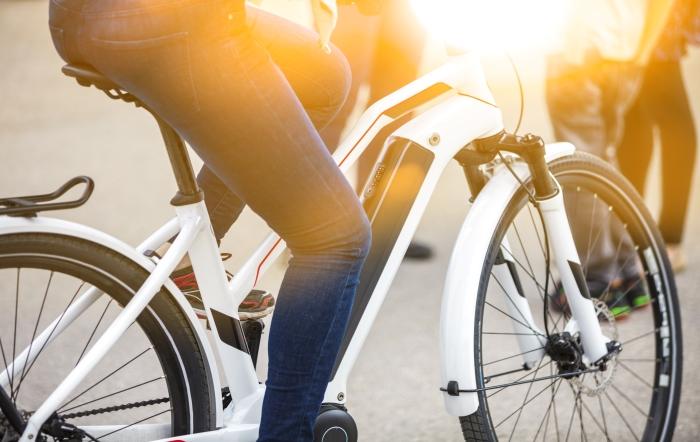
Deforestation of the Brazilian Amazon surges as criminals exploit the COVID-19 pandemic and destroy record amounts of endangered rainforest
Deforestation of the Amazon has soared in recent months as South America battles the ongoing coronavirus pandemic. Last month, an area almost four times the size of Paris was destroyed as 156 square miles of rainforest wilderness was razed, reports the Daily Mail, with comment from Erika Berenguer, researcher in the ECI Ecosystems group.
